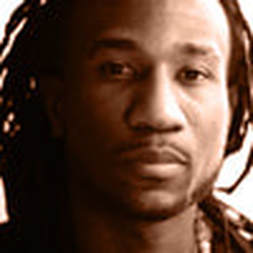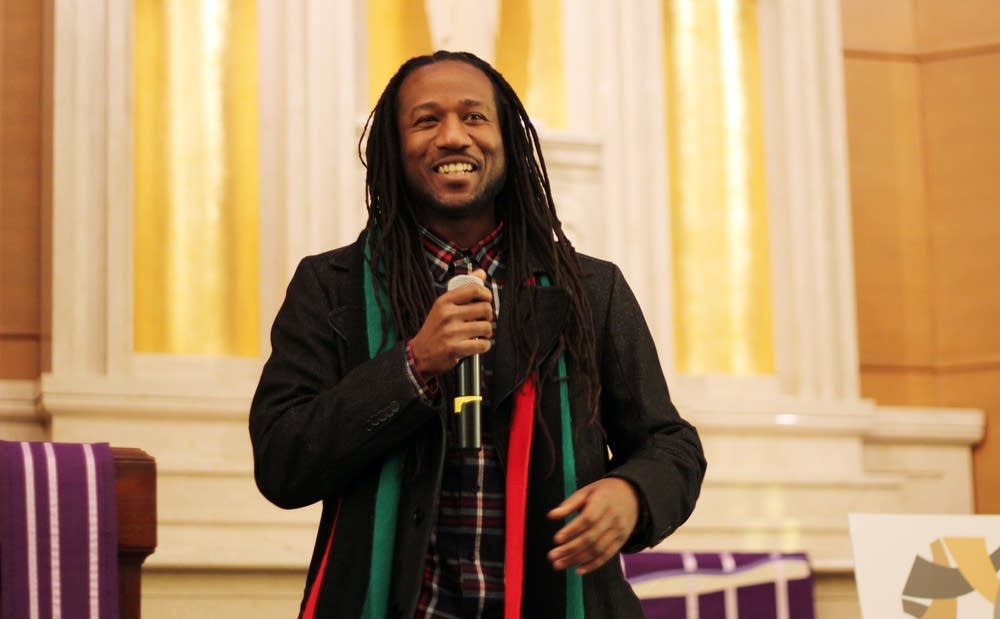Hip Hop as Sacred Text: Toki Wright
More than any religious text.
“There are so many young people that worship words from hip-hop music more than any scripture they could name from any religious text,” he remarked, “So imagine that these songs are sacred texts. What do they say? What do they say about us? What do they say about the future? What do they say about our spiritual connection? What do they say about our desires, and our beliefs? Because they do say something. If I repeat some mantra over and over again, every day, it becomes a part of me.”
-- Toki Wright
Because I heard myself for the first time.
"When I first heard “Criminal Minded”
When I first heard 2Pac’s “All Eyez on Me”
When I first heard Common’s “One Day It’ll All Make Sense”
…It changed my world
…Because I heard myself, for the first time"
Rap is scary to some because it is loud, which is entirely the point. It is a response with deep intention toward the systemic silencing by privileged whites, the wealthy, and the ignorant men who hold the center at this particular moment in time
-- Julian Deshazier, Hip Hop, Job, and the Black Struggle for Being
And I want to write things that matter.
The morning after the presidential election, Toki Wright shared a similar observation with a group of student rappers and faculty members gathered to process the results of the election. The discussion that followed was heartfelt and encouraging. They debated whether the hip-hop industry prioritizes image and attitude over depth and quality of content. They questioned whether it was possible to garner mainstream attention without compromising one’s personal artistic visions. Like all the best poets, they rejected easy answers and embraced ambiguity, both within hip-hop culture and within themselves. Unlike many contemporary poets, they shared a desire to write things that would be shouted wildly in the streets, rather than murmured in classrooms.
--Brendan Sturmer, in short interview with Toki Wright, featured in Krista Tippett Productions (above)

